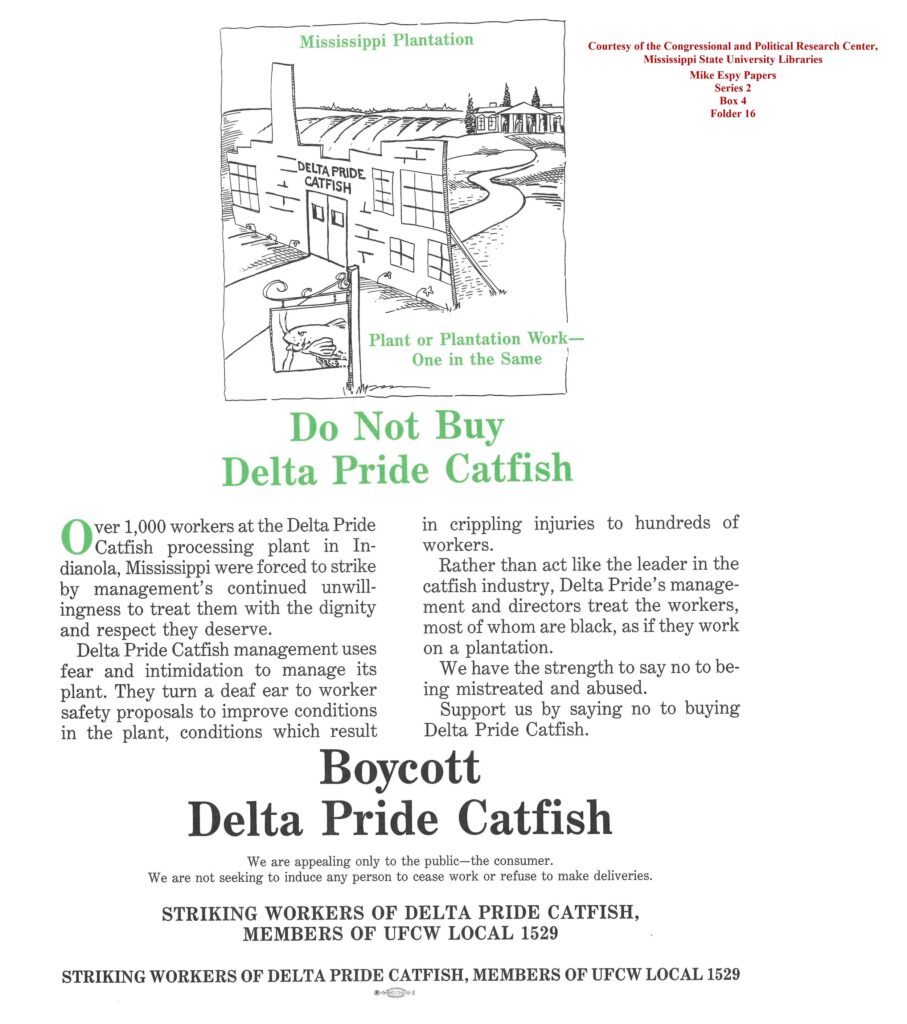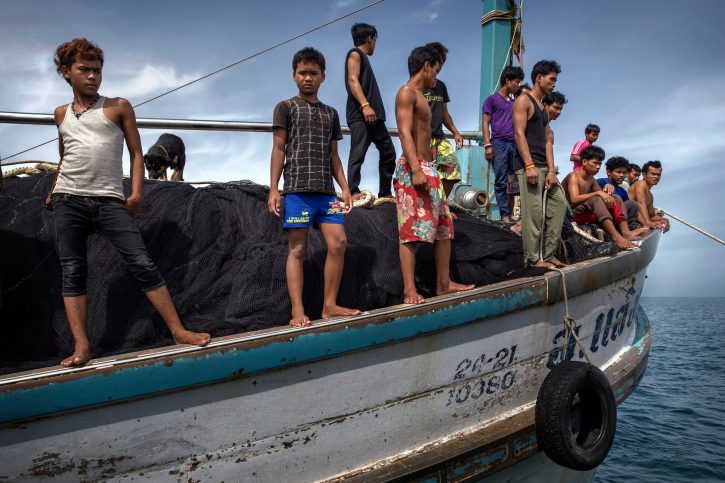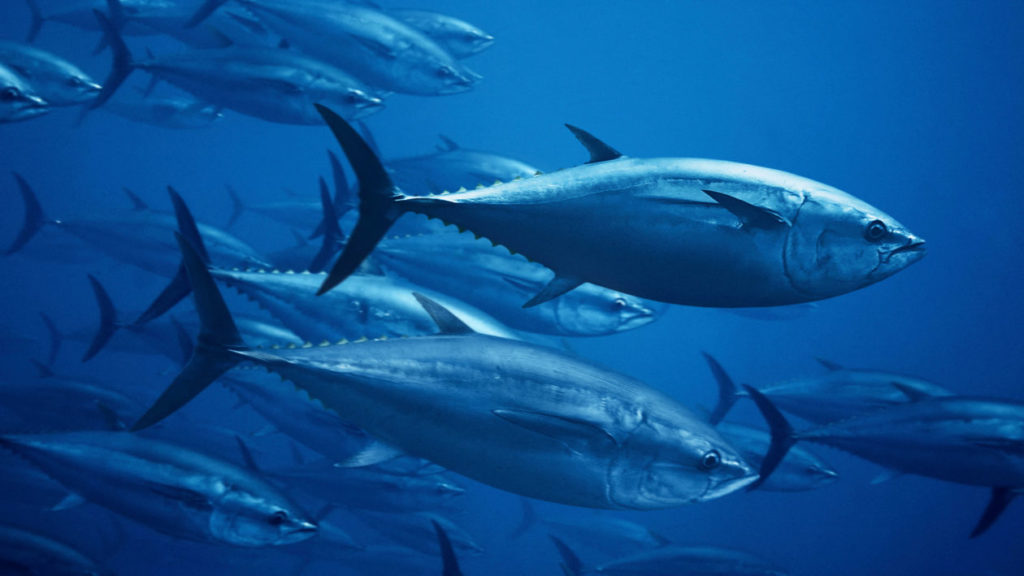fishing industry
Saturday afternoon seems like a good time to talk about the thing liberal communities care the most about--the complexity of natural resource politics. In this case, I wanted to highlight.
I've haven't talked about this much in awhile, but when I wrote Out of Sight, I focused a good bit on forced labor in the fishing industry. The shorter version.
The important thing to note about seafood is that it is the last wild food that is consumed as a mass market product. And the inability to create rules that.
As the the U.S. Fish and Wildlife Service determines whether the bluefin tuna should be listed under the Endangered Species Act (spoiler: under Trump it won't), it's worth noting that.

Usually when I talk about unfree labor, it's overseas in supply chains producing products for western markets. But the U.S. has several of its own systemic versions of unfree labor--widespread.
Above: Slaves in the fishing industry, more beneficiaries of free trade Seafood industry publications are already talking up the expansion of Vietnamese fish exports under the Trans-Pacific Partnership. But what.
Good for President Obama (and even congressional Republicans!) for passing and singing a bill that closes the 1930 Tariff Act loophole that allowed for slave-produced goods to enter the United.
Your monthly LGM reminder that if you buy shrimp from supermarkets, you probably are buying a product produced by slaves: Every morning at 2 a.m., they heard a kick on.











